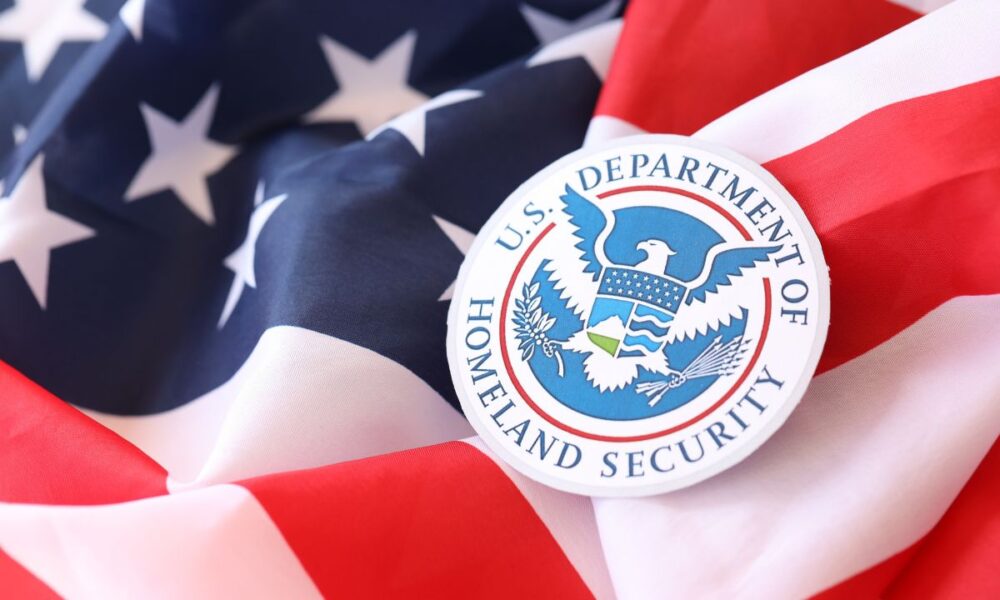The Department of Homeland Security has renewed its vow to deny entry to communists, invoking a Cold War–era policy that has long been part of U.S. immigration law.
“Communist?”
DENIED.
“Terrorist?”
DENIED.
“Globalist?”
DENIED. pic.twitter.com/oPcyulhkqd
— Homeland Security (@DHSgov) October 1, 2025
Under Section 212 of the Immigration and Nationality Act, immigrants who are or have been members of the Communist Party, or other totalitarian organizations, are generally inadmissible, the USCIS website states.
Exceptions exist for past, involuntary, or insignificant membership, including instances where individuals joined under duress or to obtain essential resources such as food, housing, or employment. The law also contains a so-called “meaningful membership” exception, which allows DHS to weigh whether an applicant’s affiliation was substantial enough to warrant denial.
However, USCIS leadership quietly reduced that exception earlier this summer. In June 2025, the Department of State revised its Foreign Affairs Manual (FAM) to remove the prior “nonmeaningful membership” exception. Under the new guidance, consular officers are instructed that party membership is presumptively intentional and that minimal associations may no longer suffice for an exemption.
“Where the U.S. consulate or embassy abroad previously may have evaluated economic or professional convenience as part of its ‘meaningful’ membership analysis, the updated FAM removes this as a mitigating factor,” law firm Greenberg Taurig’s legal blog post on the change explained.
Many of America’s adversaries are communist nations, including China, North Korea, and Cuba. These countries are also “one-party states,” meaning that they have only one political party, either literally or virtually. It is unclear how broadly the administration will apply this exclusion to foreign nationals from these countries and others.
Congress first restricted the entry of anarchists in 1918 and expanded the scope to communists through the Internal Security Act of 1950 and the Immigration and Nationality Act of 1952. During the Cold War, Soviet visitors to the U.S. were subject to strict travel limits, with large swaths of the country off-limits, according to a blog post from the Library of Congress.
These restrictions were justified through anti-proganda efforts.
“[T]he U.S. is placed in a paradoxical position, which is being exploited by Communist propaganda. Despite its traditional policy favoring freedom of travel and its record of having favored a liberal exchange of persons with the USSR in the post-war period, the U.S. is being accused of maintaining an “Iron Curtain”; and these accusations are being made not only by representatives of international Communism but also by otherwise friendly persons in the free world. This situation is causing damage, and may cause further damage, to U.S. prestige and the U.S. reputation for liberal world leadership,” according to a 1955 National Security Report from the Department of State.
While the ideological exclusion provisions remain in force, their impact is narrow. Only about 32 people a year on average were denied entry as “subversives,” most of them in the early 1950s, during the four decades of the Cold War, a Cato Institute review found.
Notably, communists remain an unusual category in U.S. law: they are explicitly exempted from certain protections under the Civil Rights Act of 1964, a legacy of the Cold War era.


